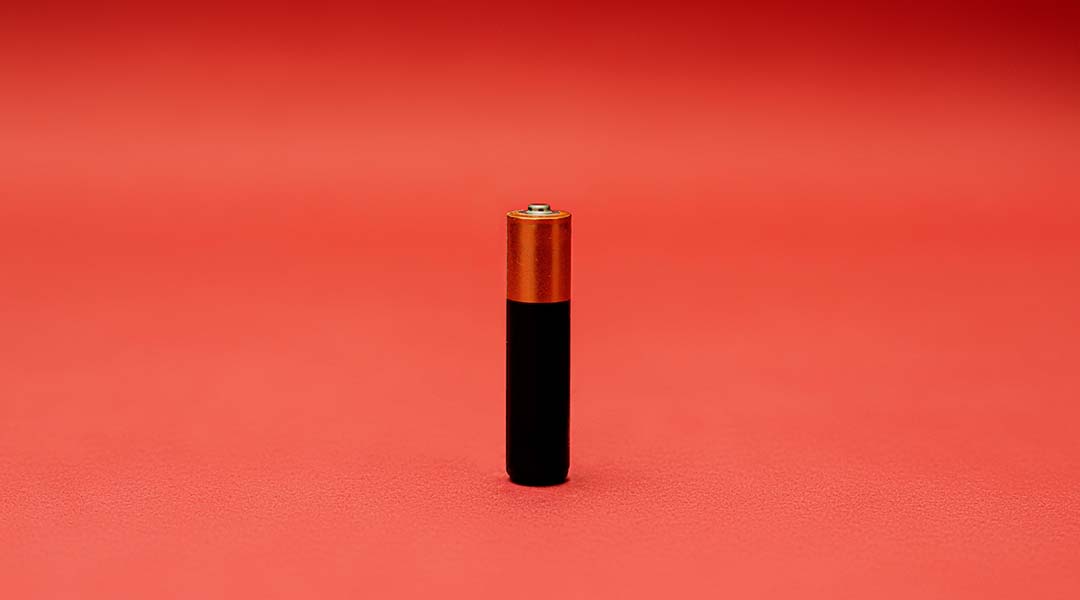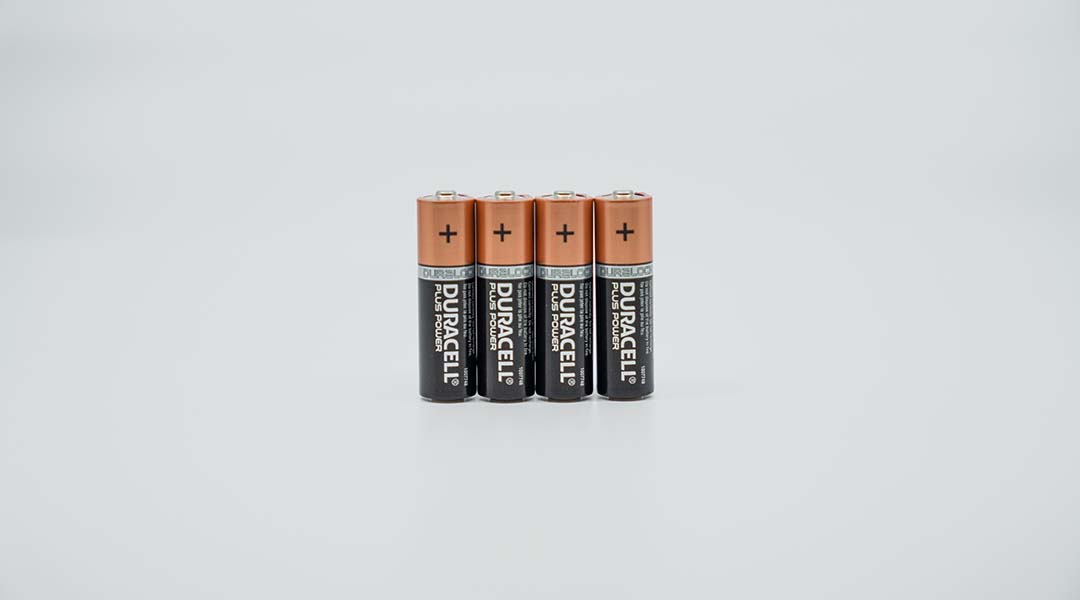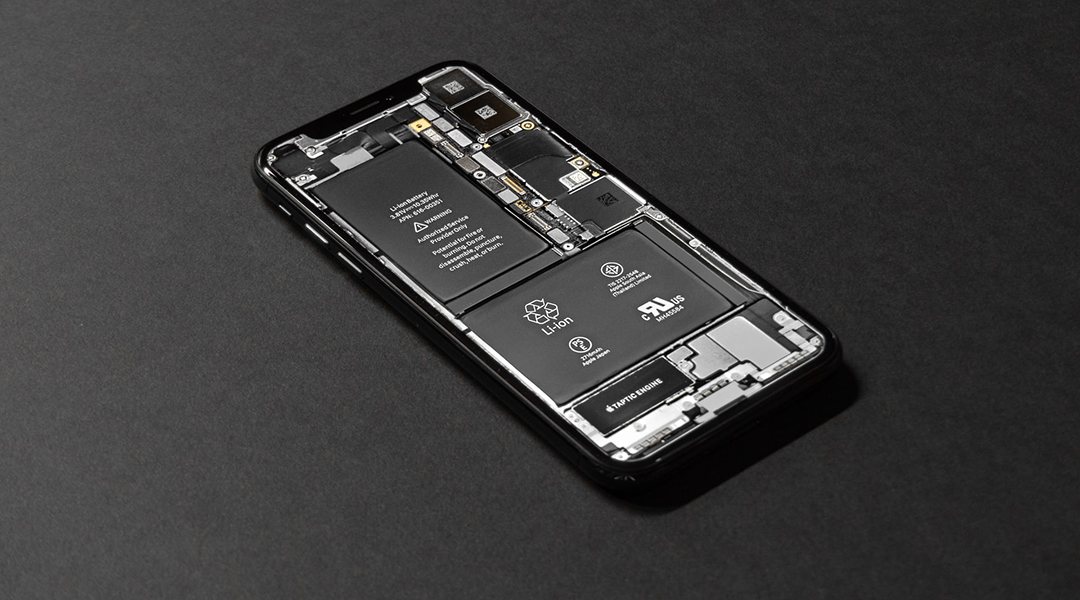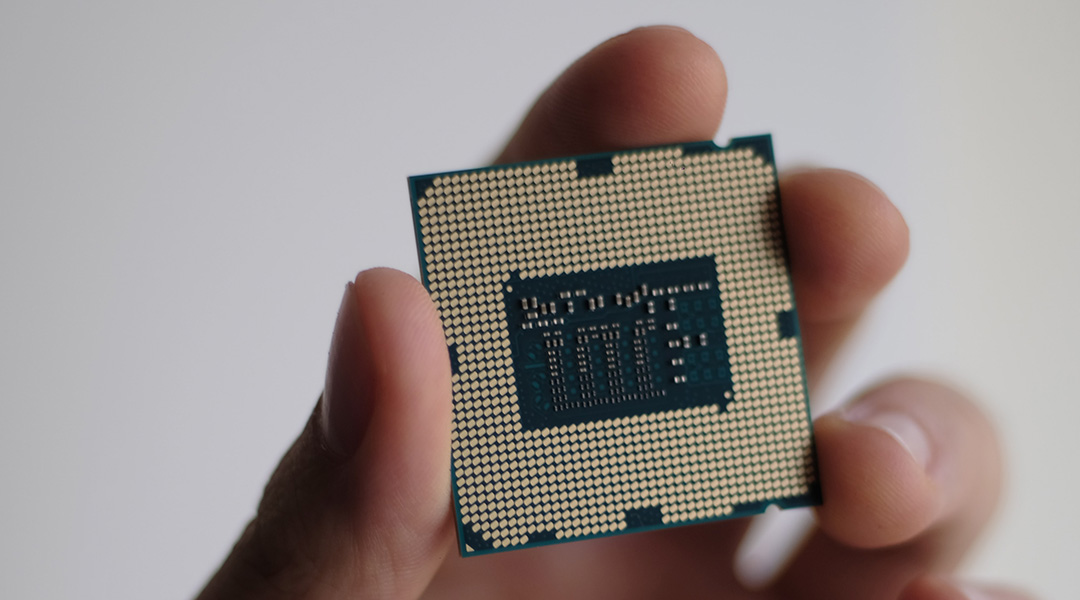The new material rapidly transports lithium ions through its structure and could help make rechargeable lithium-ion batteries safer and more efficient.


The new material rapidly transports lithium ions through its structure and could help make rechargeable lithium-ion batteries safer and more efficient.

New research aims to improve the stability and safety of alternatives to rechargeable lithium-ion batteries using aqueous zinc and hydrogels.

Scientists explore the challenges facing alternatives to lithium-ion batteries and suggests a roadmap to overcome these obstacles.

A battery-free wearable device wirelessly monitors health using body heat for continuous power.

A tough gel electrolyte protects lithium metal anodes for safer and more efficient rechargeable batteries.

A novel hydrogel component could increase the life cycle of cheap, safe, environmentally friendly, and energy-efficient batteries.

Automated molecule design through machine learning helps scientists identify and synthesize a new polymer electrolyte for lithium-ion batteries.

How big vats of sand could be a key to a sustainable future.

Using tiny batteries, researchers hope to power ever-smaller computers and advance the Internet of Things and ubiquitous computing.

A new titanium nitride sulfur composite reduces the notorious shuttle effect and improves the overall performance of lithium-sulfur batteries.